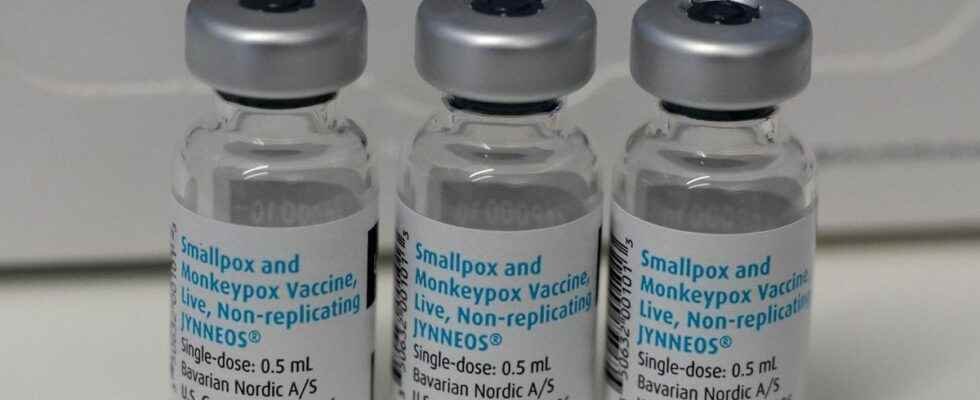Published on
Updated
Reading 2 mins.
The monkeypox epidemic continues to gain ground. In an attempt to limit contamination, the head of the WHO clearly advised those most affected by the disease to reduce their number of sexual partners during a press conference held in Geneva.
“For men who have sex with men, it also means, for the time being, reducing the number of your sexual partners and exchanging information with any new partners to be able to contact them”. It is in these terms that the director general of the World Health Organization (WHO), Dr. Tedros Adhanom Ghebreyesus spoke about men who have sex with men, in order to limit their risks of exposure and to be able to isolate themselves and their partner, in the event of the appearance of symptoms.
More than 18,000 officially declared cases
If the director of the WHO insists so much, it is because the epidemic continues to blaze and has officially just passed the milestone of 18,000 cases declared, since the beginning of May, outside the areas of Africa where the virus was usually endemic. 70% of these cases are located in Europe and 25% in the Americas. In addition, five people have died of the disease in Africa and on average 10% of infected people require hospitalization.
A recommendation from the communities
This prevention message is officially disseminated by the WHO and may seem at the limit of medicine and morality but in reality comes from the communities themselves, recalls Andy Seale, adviser to the WHO, in charge of passing this information.
“This message of reducing the number of partners comes from the communities themselvess” he explains while acknowledging that this type of recommendation cannot be effective in the long term and that it must be accompanied by precise information on the symptoms, tests and above all easy access to doctors. a doctor in case of doubt to isolate yourself as soon as possible.
Vaccinate those most at risk first
The WHO also indicates that there are no vaccines for everyone and recommends giving priority to vaccinating those most at risk, sick people and caregivers or those who work in the field of research around this virus.
The international body, through the voice of Dr. Tedros Adhanom Ghebreyesus also recalls that “vaccination does not protect instantly against infection or disease and it can take several weeks”. Once vaccinated, it is therefore necessary to continue to take precautions. Vaccination is carried out with two doses, spaced at least 28 days apart. For people vaccinated against smallpox in childhood, one dose is enough. For the immunocompromised a third dose is recommended.
A lack of available doses
The availability of vaccine doses from the Danish laboratory Bavarian Nordic is not “immediate”, adds the head of the WHO. It will take “several months” to put the 16 million doses currently in bulk into ready-to-use vials.
Two other vaccines are also under study. Finally, the UN agency stresses that we must not reproduce the same mistakes as with the Covid-19 pandemic and let the rich countries monopolize almost all the doses, but rather share the available doses fairly between all the countries which need it.
